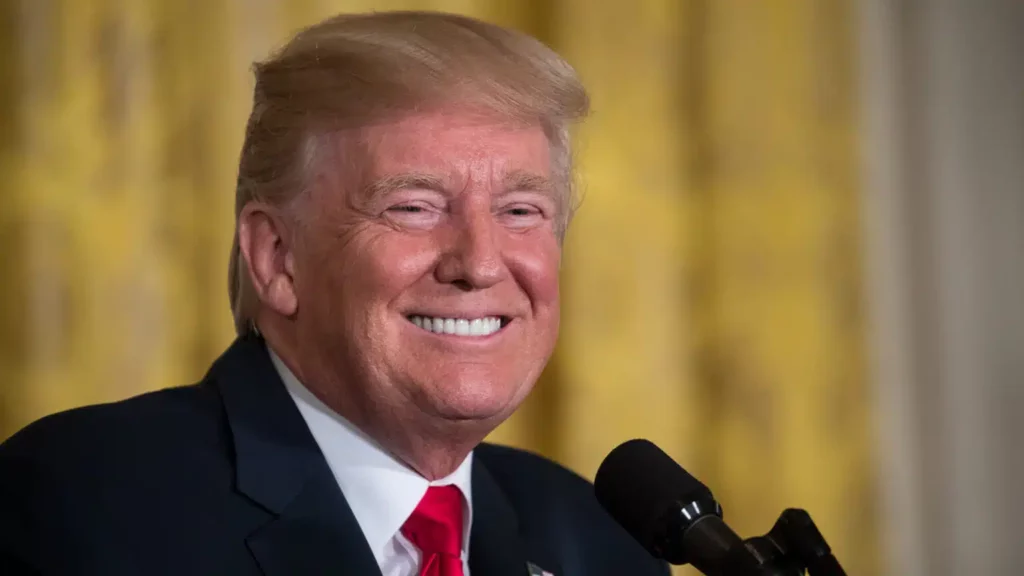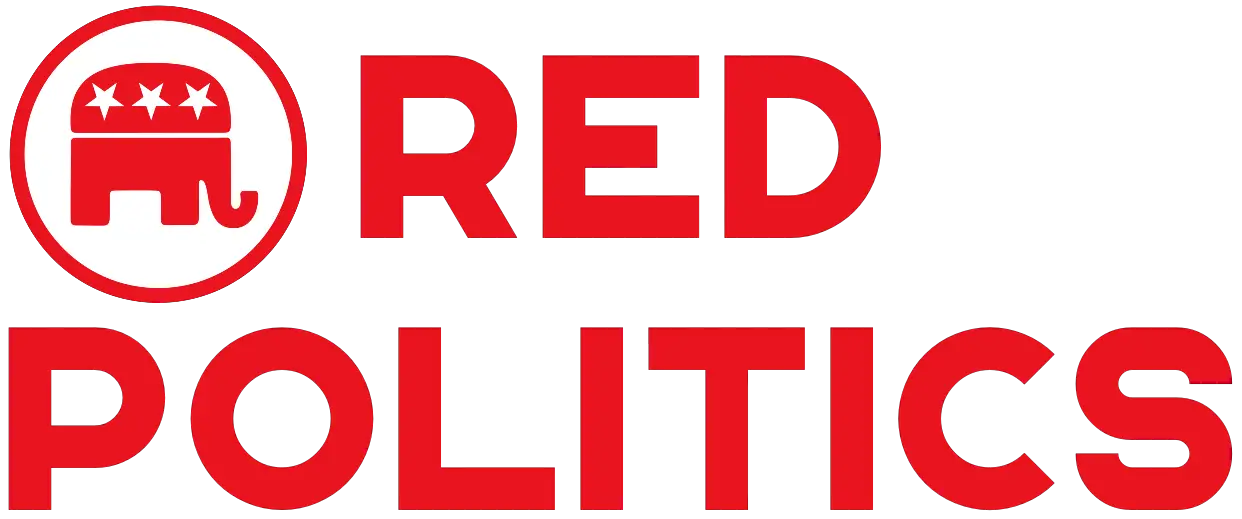
Former President Donald Trump enacted steel tariffs in 2018 under Section 232 of the Trade Act of 1962, claiming that domestic steel production was crucial for national security applications. The tariffs were met with mixed reactions, with some arguing that they were necessary to protect American jobs and industries, while others criticized them as economic protectionism. The Biden administration has left the tariffs largely intact, citing the need for a comprehensive solution to address steel imports and their impact on American jobs.
Proponents of the tariffs argue that they were necessary to boost domestic steel production and protect American industries and jobs. The Alliance for American Manufacturing, a coalition of labor unions and manufacturers, applauded the decision by the US Supreme Court to uphold the tariffs and warned against lifting the tariffs without a solution. The group argued that steel imports have a significant impact on American jobs and industries, particularly in states like Pennsylvania and Ohio.
Critics of the tariffs argue that they have had negative consequences on American industries and jobs. The American Institute for International Steel, a trade association for steel importers, has criticized the tariffs as protectionist and argued that they have increased steel prices and harmed American businesses. Some of America’s closest allies, including Canada, Mexico, and the European Union, were also hit by the tariffs, leading to tensions between the US and its allies.
The Biden administration has left the tariffs largely intact, citing the need for a comprehensive solution to address steel imports and their impact on American jobs. President Biden has promised to work with allies and partners to address global overcapacity in the steel industry and create a level playing field for American workers and businesses.
The debate over Trump’s steel tariffs highlights the complex nature of trade policies and the need for a comprehensive solution that considers national security, economic, and political factors. While the tariffs may have protected American industries and jobs in the short term, a long-term solution is needed to address the root causes of the issue and ensure a level playing field for all.

